Kein Fortschritt ohne Risiko
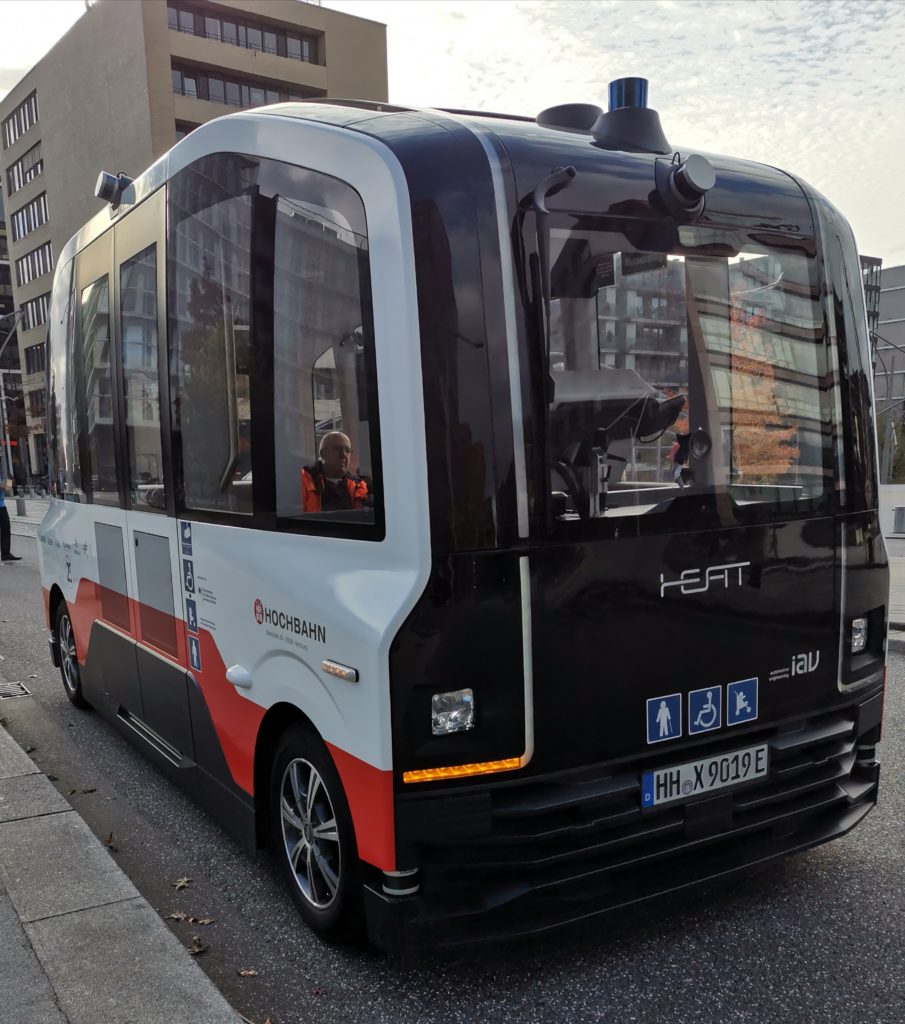
Neulich bin ich zum ersten Mal in einem autonomen Fahrzeug gefahren. Das HOCHBAHN-Forschungsprojekt HEAT testet die Eignung des ersten automatisiert fahrenden Kleinbusses im Hamburger Straßenverkehr. Jede*r kann sich die HEAT-App herunterladen und kostenlos mitfahren. Die Vorstellung, im unbemannten Kleinbus durch die Hamburger HafenCity zu cruisen fand ich aufregend und ein wenig beängstigend. Die Realität war […]
Erschienen im Hamburger Abendblatt: Hamburg sollte dem Spuk mit den E-Scootern ein Ende machen
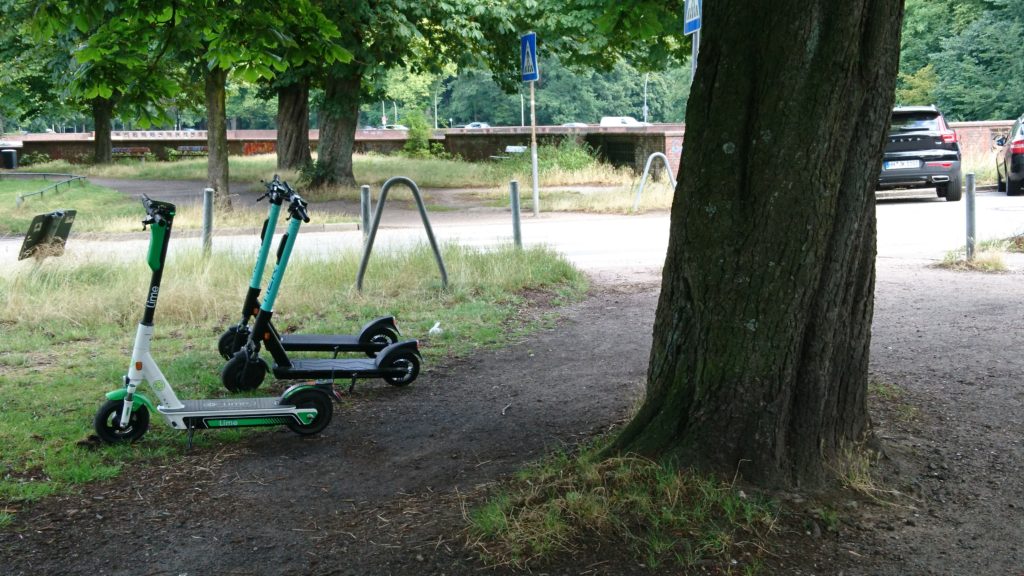
https://www.abendblatt.de/meinung/article226570497/Hamburg-sollte-dem-Spuk-mit-den-E-Scootern-ein-Ende-machen.html Jetzt hat Bundesverkehrsminister Andreas Scheuer (CSU) aber gezeigt, dass er etwas schaffen kann. Nur anderthalb Monate nachdem er seine Lieblingsidee von E-Scootern in deutschen Städten durch den Bundesrat gejagt hat, liegen sie bereits überall im öffentlichen Raum herum. Leider wird damit kein Problem gelöst, sondern eins geschaffen.
Results from survey: What do people eat in Hamburg? (Part II)
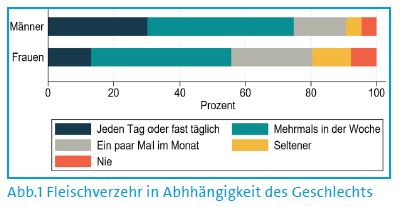
In a second flyer (in German), the sub-project team from Prof. Stefanie Kley presents more results from their representative telephone survey in Hamburg, taking a look at factors explaining different eating habits. They found that there is a gender difference (women eat less meat than men) and also an influence of education (people with a […]
First results from survey: What do people eat in Hamburg?
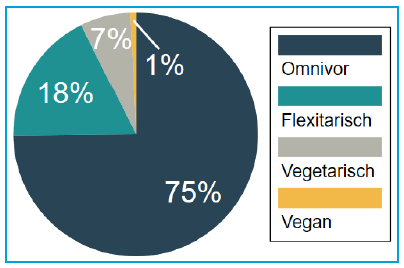
What kind of food do people in Hamburg usually eat, and do they link their daily consumption to sustainability? The sub-project from Prof. Stefanie Kley conducted a representative telephone survey with more than a thousand respondents in Hamburg from August to December 2018, dealing with the topics of food choice and nutrition. First results are […]
„Sustainable Food Choices as Politics and Lifestyle“ – start-up funding for new project approved
The Center for a Sustainable University at the University of Hamburg has approved funding for the new research project “Sustainable Food Choices as Politics and Lifestyle”, which will start in spring 2018. The project investigates the drivers of food choices and how changing discourses, norms and attitudes about food relate to actual patterns of food […]
New working paper: Climate change in the media
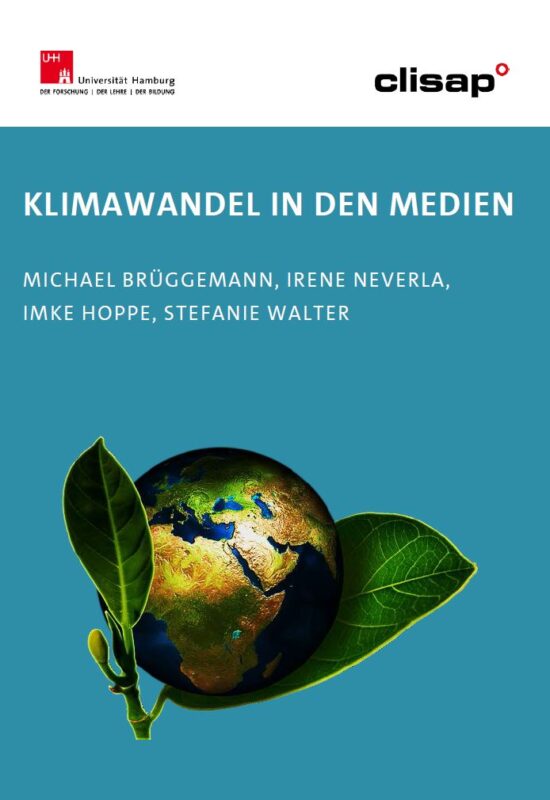
Our research group has published a new working paper which summarizes research on climate change in the media. The questions addressed are how media coverage of climate change contributes to the social construction of climate change, what kind of patterns can be found in the climate change debate and what effects climate change coverage has […]
